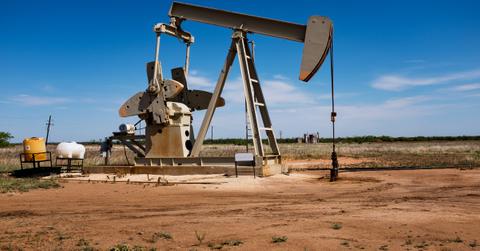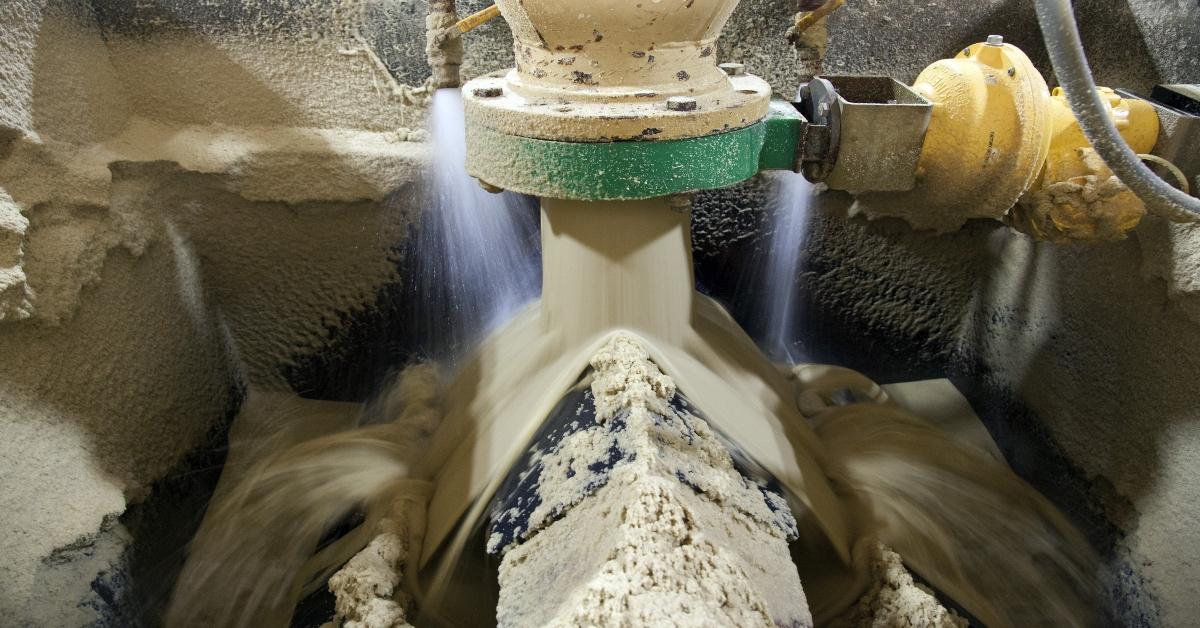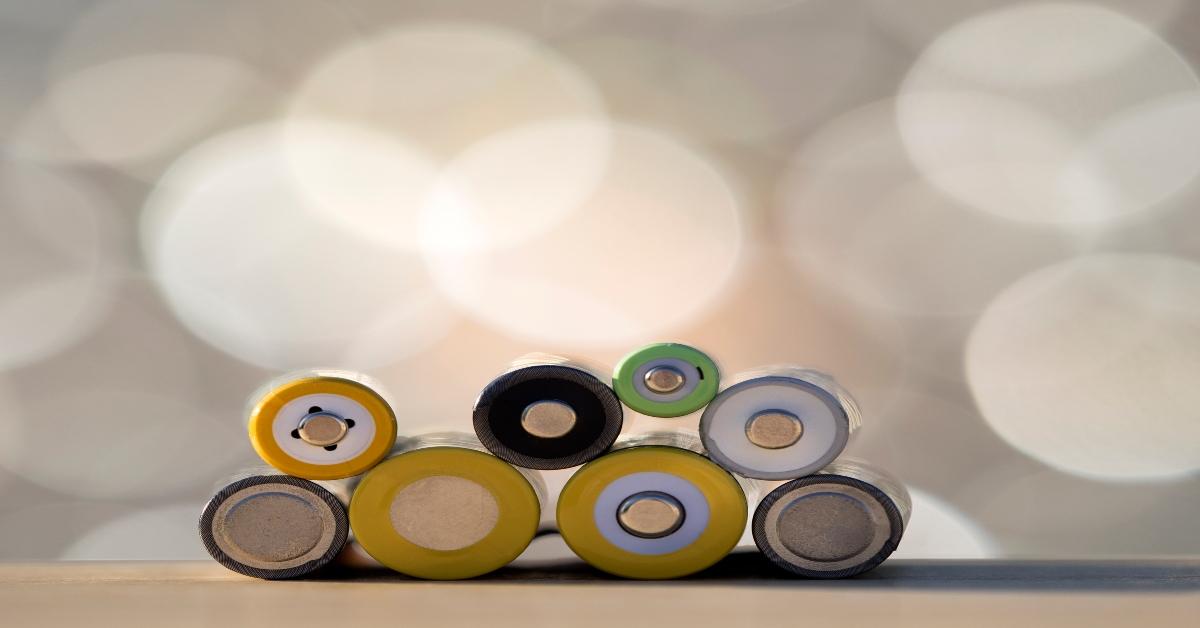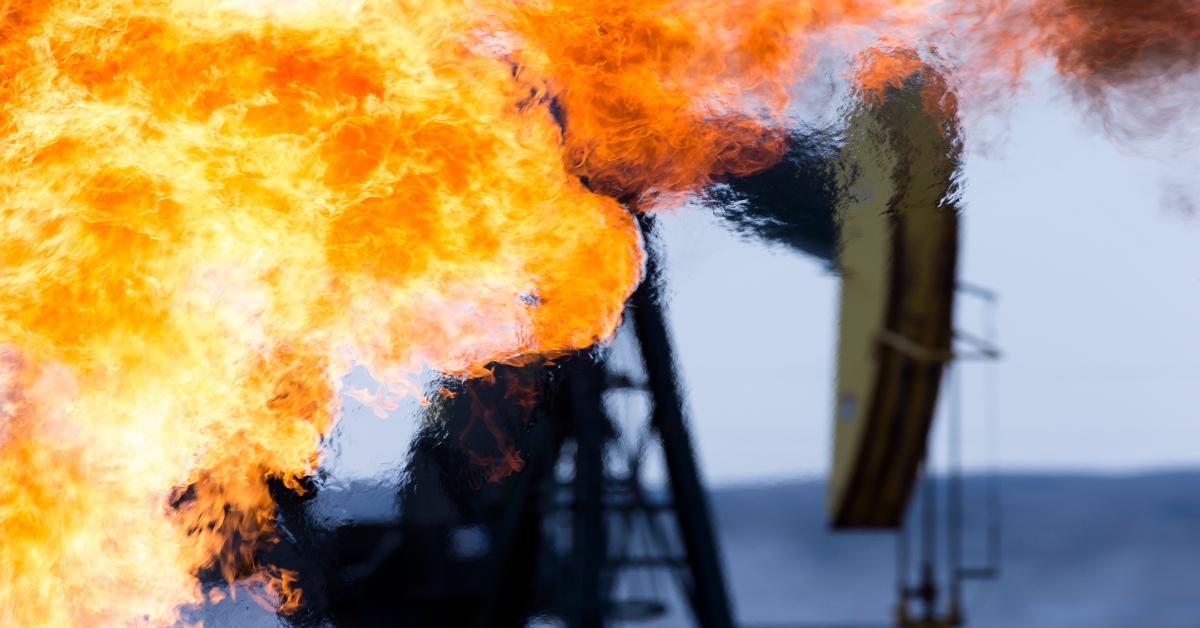Fracking vs. Lithium Mining: Which Is More Dangerous to the Environment?
The negative environmental impact of fracking is fairly well-known, but lithium mining might be just as potentially dangerous in the long run — or so some people believe.
Updated Oct. 22 2020, 12:41 p.m. ET

Like it or not, there’s no escaping the fact that we are living in a technologically dependent world. That’s not to say that some green-loving people haven’t found the means to escape the digital shackles, but by-and-large, we are all of us tied to our tech. And as per usual, we are collectively stripping the earth of the resources needed to supply us with that tech.
Fracking is a destructive process, and it has been the topic of much controversy in recent years. Some countries have been trying to pass legislation that does away with this process, but even as environmentalists struggle to gain ground against their corporate and political adversaries, the novel threat of lithium mining has shifted a bit of focus away from the issue. But is this animosity warranted?

What is fracking?
Hydraulic fracturing, or fracking, is a technique designed to pull gas and oil from subterranean rock (most of the time, shale rock). The process is named for what happens when the rock is fractured apart. This is facilitated by a high-pressure mixture of water, sand, and chemicals that is injected as the hydraulic drill presses down. The pressure then allows the gas to flow out of the head of the well and can be carried out vertically or horizontally to the rock layer, thus creating new pathways to release gas or extending existing channels.

What is lithium mining?
They call lithum "white gold" for a reason. Lithium-ion batteries are an essential part of many modern pieces of technology. They power our cell phones, our laptops, our tablets, and electric cars. They power the majority of the devices we use today that utilize rechargeable batteries, including the computer this article is being written and viewed on. They are a necessity, and thanks to the rechargeable nature, actually not all that bad for the environment. Unfortunately, the only way to get lithium out of the ground is to mine it from sand.
Lithium mining involves drilling a hole and pumping brine to the surface. That brine is then left to evaporate for months, which creates a chemical concoction containing manganese, potassium, borax, and salts, which is filtered and placed into another evaporation pool. The remaining mix will take another 12 and 18 months before it’s filtered enough for them to extract the lithium carbonate.

Why is fracking such a problem?
As with most mining operations that involve humongous hunks of metal filled with pressurized water, the fracking process is hardly foolproof. Add to that the fact that the highly-flammable elements they are pulling out are difficult to control, and you have a recipe for disaster. Not only for the workers or the equipment, but also for nature and the people who live in the area where the fracking has occurred. If the oil or gas wells are not built sturdily enough, they can leak and contaminate groundwater in something called “flowback.”
This can travel through the ground into nearby streams, rivers, lakes, and water supplies. Some of the chemicals used in the sand-water mixture are equally toxic if they leech into the soil or water table. Benzene and toluene are both known to cause cancer but are as of yet exempt from federal regulation under the Safe Drinking Water Act.
On top of that, not all the chemicals found in fracking fluid are known, and the federal government has yet to require that companies disclose what they are. That means any number of unknown toxins are leeching their way into the earth. It can also cause small earthquakes; you know, because it's not bad enough already.
Why is lithium mining a problem?
For all intents and purposes, lithium mining is cheap and effective. There is no blasting involved in lithium mining, however. There is no fracturing of stone or sprays of acid and other toxic chemicals as with other mining industries. Chemicals are used but the dangers those pose are presumably nothing compared to the damage fracking is capable of inflicting.
The biggest environmental danger posed by lithium mining is the amount of water the process uses up: an estimated 500,000 gallons of water per ton of lithium extracted. This can endanger the communities where the lithium is being mined because it can cause droughts or famine if operations are not kept in check.
Fracking vs. lithium mining: Which is more dangerous?
Based on what is currently known, fracking is a much more dangerous process than lithium mining, but unfortunately, both seem to be essential to the world today. Many countries, companies, industries, and individuals are dependent on oil and natural gas. They need their devices to live and work and adapt to an increasingly technological world. But hopefully, in the future, we will see more significant shifts away from fracking and towards renewable energy.
The most glaring problem seems to be regulation. It appears as though neither fracking nor lithium mining is as closely regulated as it should be. As a result, unsafe practices can cause catastrophic damage to water sources the world over. Until those practices are mitigated and the processes stabilized, both lithium mining and fracking will continue to be environmental problems.